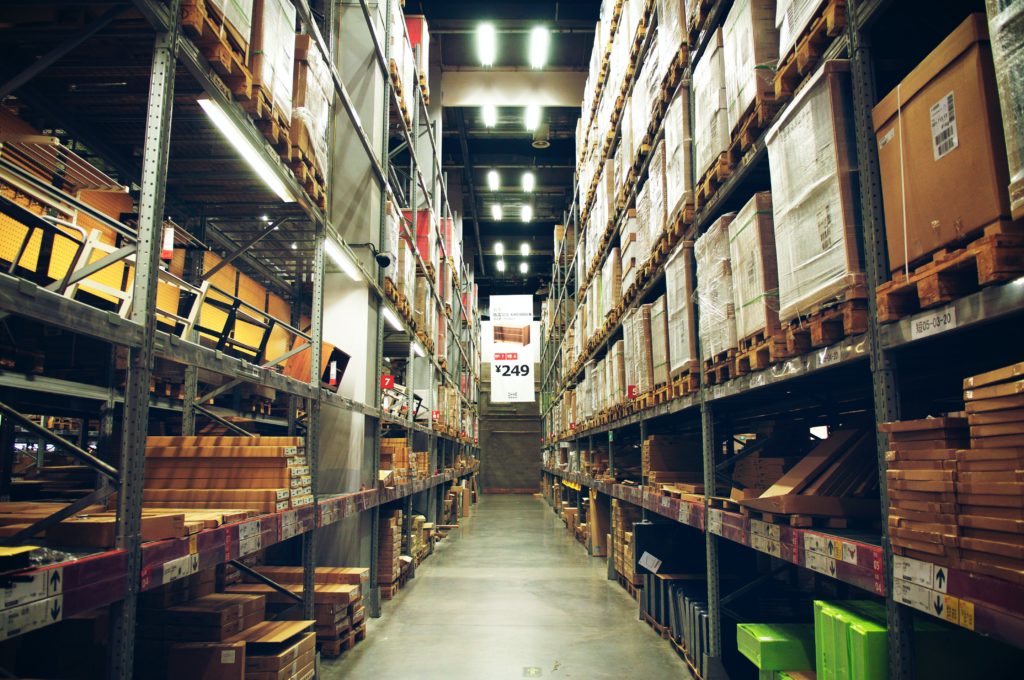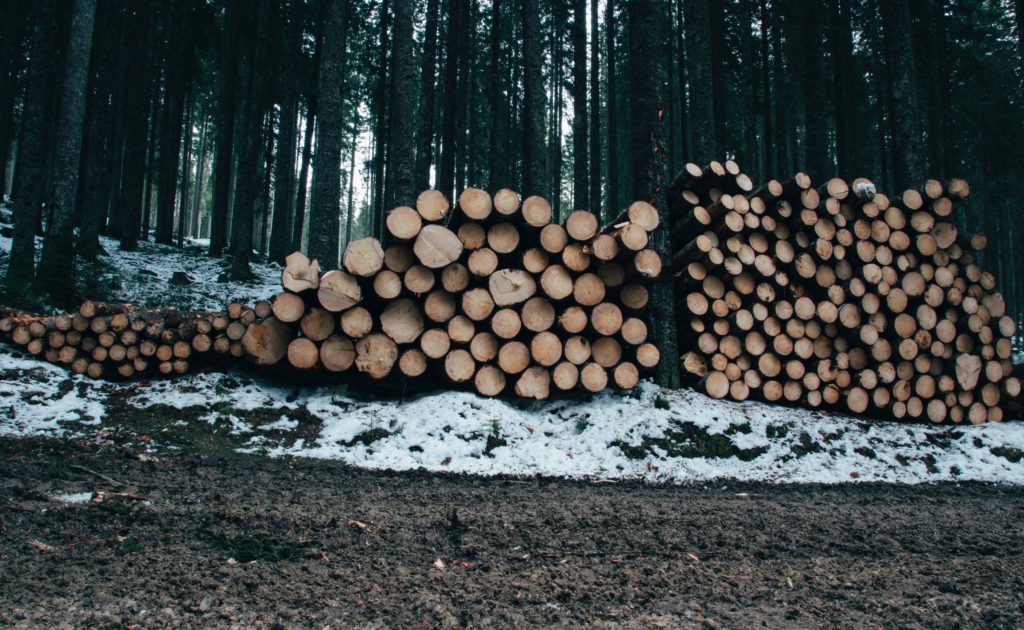Your Ikea Kid’s Furniture Might Be Tainted By Illegal Logging, Year-Long Investigation Finds
4 Mins Read
Budget furniture manufacturer Ikea has been named in an illegal logging investigation. The chain has been connected to tainted wood supplied by Evgeny Bakurov. Ikea has denied knowledge of the unsustainable practices but has since cut Bakurov and his companies from its supply chain. Lead investigator, Earthsight, is holding the Forest Stewardship Council (FSC) accountable.
Customers of Sweden’s Ikea will be shocked to learn that illegally felled wood might be in their homes. Ikea has been prolific about its efforts to attain superior sustainability credentials. It has already cut all single-use plastic from product ranges and packaging. It’s targeting 2030 as the deadline for all items to be made from only renewable or recycled materials. The use of unethically produced timber undermines these efforts. Items from the Sundvik range and the Flisat doll’s house are both likely to have been tainted.

Russia’s timber secret
During its year-long investigation, Earthsight, a non-profit organisation that undertakes in-depth investigations to expose environmental crime and its links to global consumption, discovered a vast illegal logging industry within the protected forests of Russia. The practice was discovered through undercover work and in-depth tracing of materials through various court and customs data sources. Numerous forestry and environmental laws have been broken by Bakurov’s companies. This has resulted in 2.16 million cubic metres of wood being illegally removed from protected forests in the last 10 years.
Attempting to exploit a loophole, Bakurov’s pine has been created via sanitary felling. The practice allows diseased, dying or dead trees to be removed, for the continued health of the rest. “Sick” trees have been used as a reason to fell in Russia for years. One of the most concerning revelations of the investigation is that Bakurov’s pine is FSC-certified.
Considered the gold standard for sustainable wood products, the FSC failed to account for illegal logging in Russia across countless audits. This allowed tainted wood to be supplied to Ikea year after year. Other western supply chains are likely to have been affected.
Ikea has denied any involvement. The company claimed that Bakurov’s timber was all “legally harvested”, but it has quietly dropped his companies as suppliers. The official reason was a vague “practices of concern”. Ikea has instigated a temporary ban on all sanitary felled wood from Rusia and Siberia in the wake of the logging revelations.
Deforestation by any other name
Russia’s boreal forest is being depleted at an alarming rate. “It may not be as high profile as Amazonian or Indonesian rainforest but the Russian boreal forest is hugely important,” Nikolay Shmatkov, ex-director of WWF Russia’s Forest Programme said in a foundation article in 2018. “It’s crucial in regulating global climate – its trees, soils and peat store more carbon than all tropical and temperate forests combined – and are home to many large animals like forest reindeer that are disappearing from transformed and degraded forests.”
A large portion of boreal deforestation is temporary; large sections are felled completely and then allowed to regrow. Unfortunately, losses and regrowth do not marry up, resulting in a net loss for the boreal forest. The practice of sanitary felling contributes significantly to the ‘clearcutting’ of large sections of forest. Up to 90 percent of ‘recorded’ sanitary logging is “pseudo-sanitary”. The takeaway is that deforestation is ongoing and impacts supply chains around the world. Even those that claim to be the most sustainable and ethical.

Scientists fighting back
Earlier this year MIT scientists revealed they are looking to cultivate wood and fibres in a lab. The science is comparable to that of the cultivated meat sector, and offers similar environmental benefits, with fewer resources needed for completion. Research is still in its infancy and developers already acknowledge that scaling for production will be a major obstacle.
Currently, Romania refuses to put a stop to the illegal logging trade within its borders. Three percent of forests are protected within the country, but WWF states that a minimum of 10 percent is needed to recoup effective ground cover.
All images courtesy of Unsplash.




